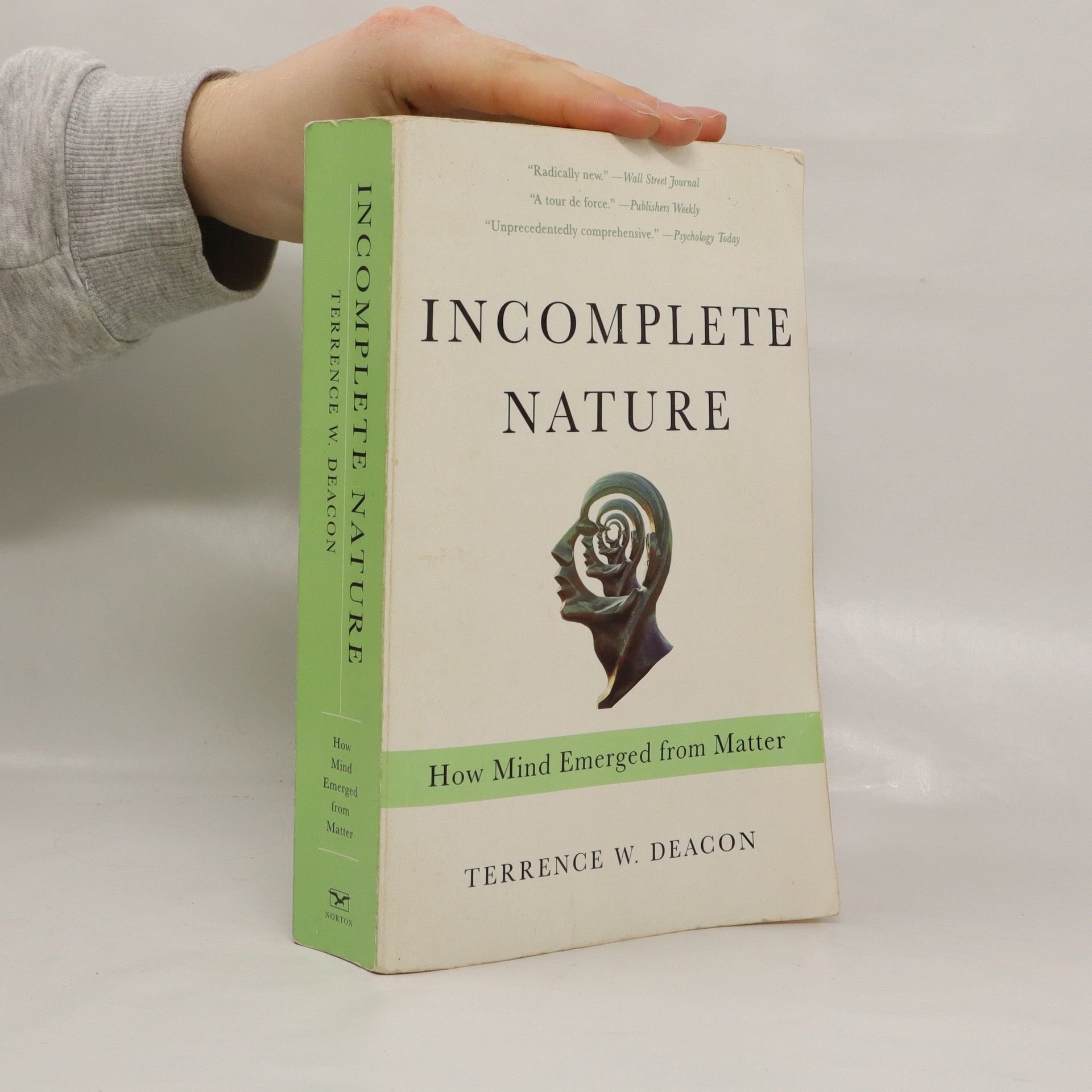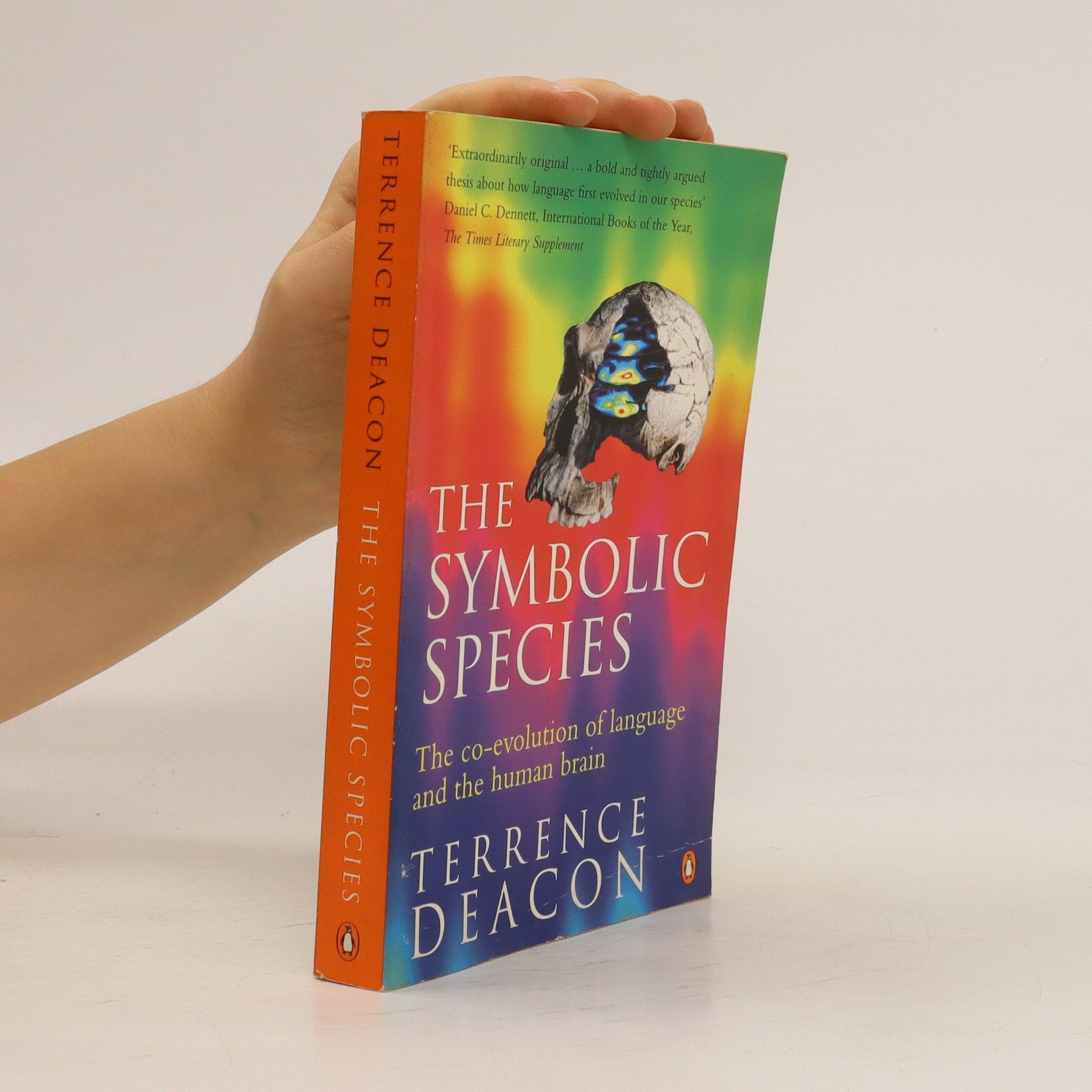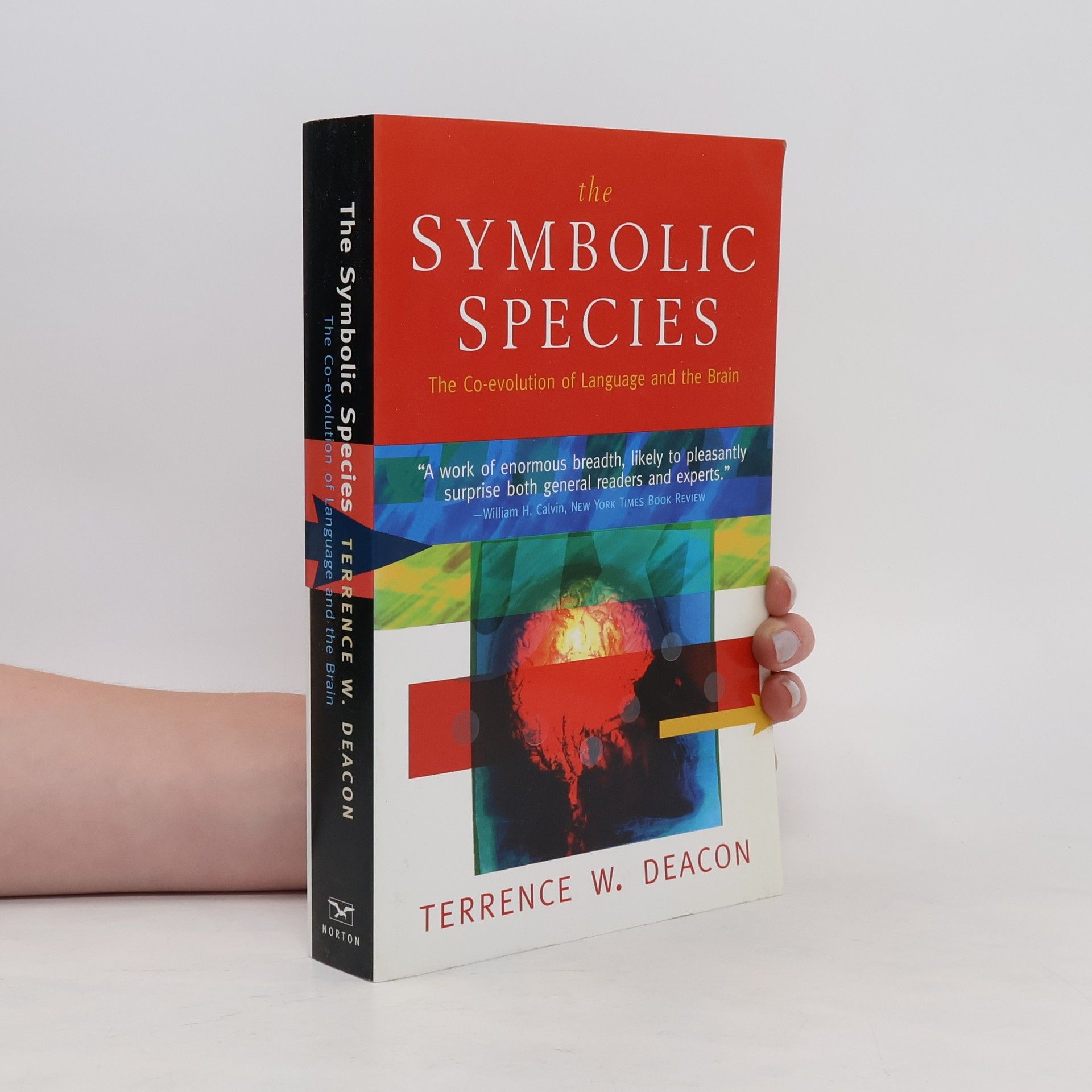The Symbolic Species: The Co-Evolution of Language and the Brain
- 527pages
- 19 heures de lecture
This revolutionary book provides fresh answers to long-standing questions of human origins and consciousness. Drawing on his breakthrough research in comparative neuroscience, Terrence Deacon offers a wealth of insights into the significance of symbolic thinking: from the co-evolutionary exchange between language and brains over two million years of hominid evolution to the ethical repercussions that followed man's newfound access to other people's thoughts and emotions.Informing these insights is a new understanding of how Darwinian processes underlie the brain's development and function as well as its evolution. In contrast to much contemporary neuroscience that treats the brain as no more or less than a computer, Deacon provides a new clarity of vision into the mechanism of mind. It injects a renewed sense of adventure into the experience of being human.




